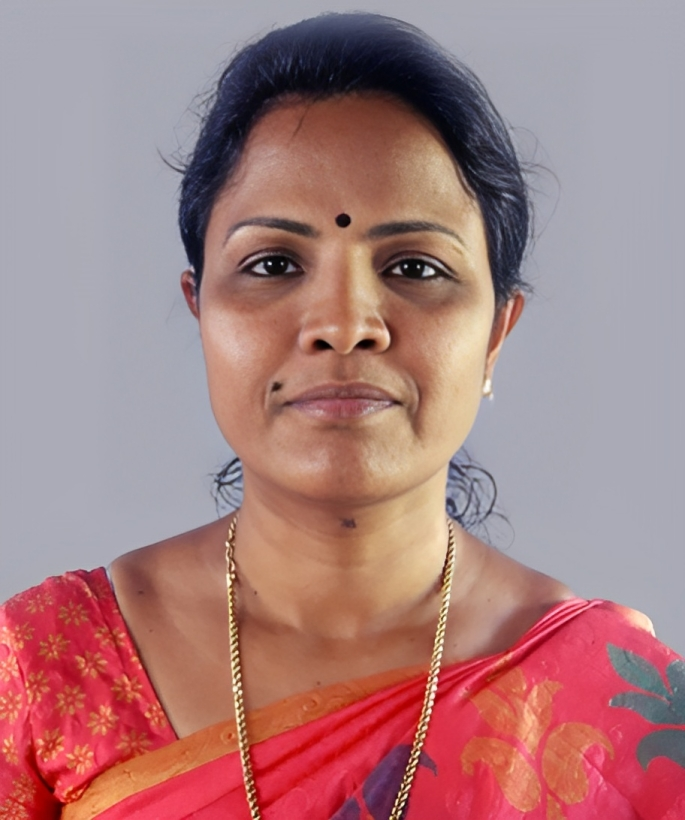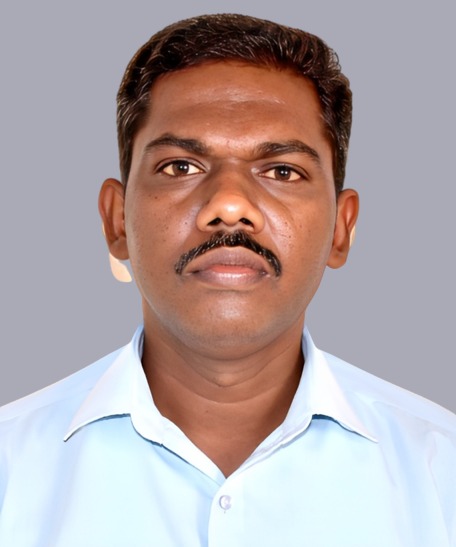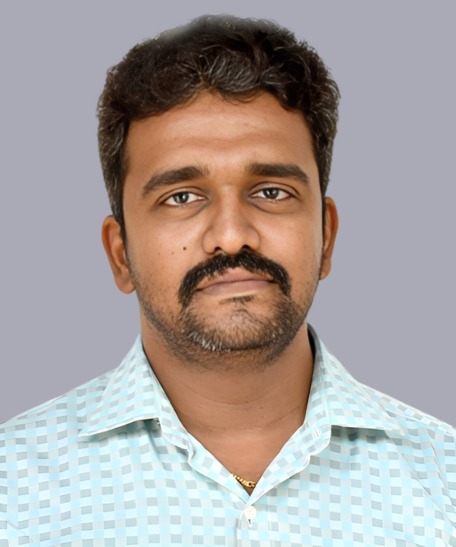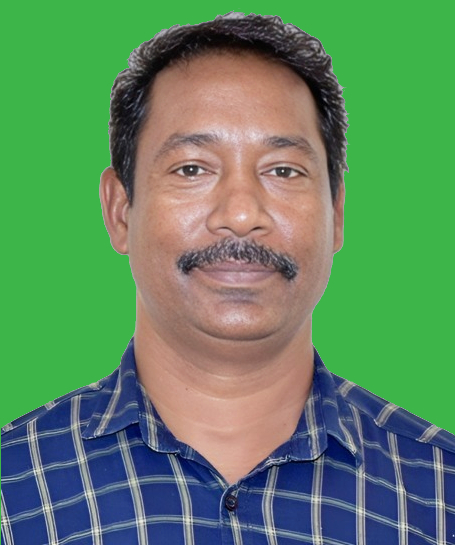STUDENTS TRANING AND ACTION FOR
NEIGHBOURHOOD DEVELOPMENT (STAND)
Introduction:
- Started in the year 1993-94 STAND (Students Training and Action for
Neighbourhood Development) is an academic oriented action programme meant to
expose students to rural life and involve them in poverty alleviation schemes and village
development activities.
- It is an outreach programme for students of St. Xavier’s College, Palayamkottai, undertaken by the Jesuit management aimed at reaching the underprivileged and the marginalized sections of the people in the villages.
How do we go about?
- More than hundred villages have been adopted so far.
- Every department adopts two villages, one for UG and the other for PG students.
- It is made a part of the curriculum itself.
- The students are taken to villages and made to work with the villagers.
- STAND is entrusted with the task of promoting education and skill among the rural poor and the underprivileged through a proper field level process of motivation.
Programme:
- Mandatory programme for all the students.
- One credit Value
- II year UG and I year PG this year III UG and II PG add semester
- Each department adopts one Village
- The villages situated within the radius of 30 Km from the college
- For UG students 4 visits and 2 camps
- For PG students 4 visits and 2 camps
- Staff- in- charge from each department accompanies the students.
Area study-uniqueness of the location:
- An initiative is needed to bridge this gap between the college and the nearby villages.
- There are no promising industries in our surroundings, people who are going through problems of unemployment, poverty, illiteracy, lack of infrastructural facilities for the villages, lack of awareness about their political realities of the state and environment, etc.
- Many schemes and programmes provided by the Government did not reach the villages.
- Our area is very sensitive to communal problem.
- With the co-operation of the villagers, college management, the staff and students and their parents, we are proud that the unit has sustained its activities with much vigour and enthusiasm.
Different Kinds of work in the villages:
- 1.Literacy
2. Environment
3. Health and Nutrition
4. Net working with the Government in procuring their basic needs like drinking water, electricity, transport, patta for housing etc.,
5. Formation of co-operatives and youth animation and women Sangams.
6. Leadership training for the rural youth in Alternative Indigenous Technologies and modern electronic gadgets.
The purpose and the aim of STAND:
- To make the students agents of social change by giving them hands on experience to the realities of the village.
- Students involve themselves in the development of the village activities.
- They involve in educational motivation for dropouts and the school going, awareness building, promotion of basic amenities in the villages, training the village youth and rendering all round formation.
- In brief, an attempt is made to give the people, a sense of self-worth and self confidence to secure a decent future for them and for their children.
Uniqueness of STAND:
- At the time of its inception, STAND was a unique programme in the country though many colleges and universities come forward to inaugurate such programme in their premises of late.
- The basic philosophy of STAND is its “Lab to Land” service wherein opportunity is given to the students and staff of each department to innovatively experiment what is being taught in the class room is tested in the field.
- In the same manner the concrete realities of the field is taken up in the class room for reflection and further action.
- This way their learning is sharpened and focused and knowledge is shared mutually.
- Thirty five faculty members of the entire departments involve in this programme every year.
- Every year more than one thousand students undergo this enriching experience.
- A bond is created between the department and the village and it is maintained by the students and the staff.
- Our staff members have the satisfaction of contributing something by way of time, of presence and of sharing knowledge with the unorganized sections of people of our country.
The modern emphasis on taking University Education to the village so that the poor of the rural areas may benefit from the fruits of research, teaching and learning in our institutions is the sole aim of this pioneering outreach programme STAND introduced in the academic year 1993-94. The primary objective of this programme is to contribute to the total development of people through awareness and training. It aims at creating a sense of social justice and social concern among the students through exposure to rural realities leading to a committed involvement towards the integrated development of the rural poor. In the history of nearly 100 years of our college, STAND, the outreach programme, celebrated its Silver Jubilee (1993 - 2018) in the academic year 2018-19. This is a compulsory programme in which all II year UG and I Year PG students are required to participate and it earns one credit for UG and two credits for PG students. A fee of Rs. 70/- will be collected from each student right at the beginning of the first year for incidental and travel expenses of the whole one-year programme. Every Department will be allotted one village situated around Palayamkottai within a radius of 20 to 25 kms. After an orientation programme, the students will be required to visit their "adopted" villages and interact with the people at regular intervals. This involvement and exposure, under the guidance of the staff, will make their learning socially relevant and useful both to the villagers and to the students. Each department will have one member of the staff as contact person to whom the students could refer matters concerning this village programme. The main activities that will be taken up by STAND are
- 1. Environment;
- 2. Literacy;
- 3. Health and Nutrition;
- 4. Helping the villagers to attend to their basic needs like drinking water, electricity, transport, patta for housing, road-laying etc., by contacting Government and Voluntary agencies.




